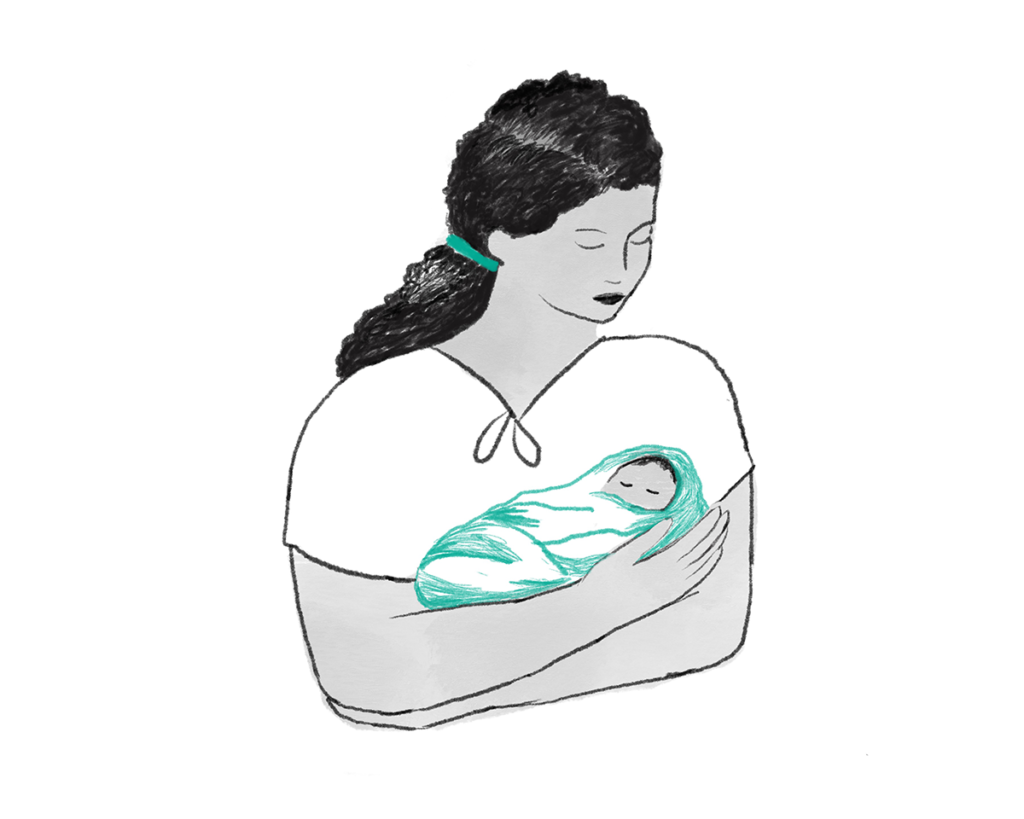An uncomfortable fact

There’s an uncomfortable fact that I’ve seen as an anesthesiologist: Pregnant people in remote and rural communities don’t always receive the same level of care as those who give birth in a city. The problem isn’t new — it’s been around for decades.
More than 20 years ago, I was on a holiday with my family in a remote town in British Columbia. When a local mother showed distress during a complicated childbirth, I was rushed in to help on an emergency basis.
Ultimately, after I provided the anesthetic for a surgical delivery, the woman was able to give birth safely, and the baby’s condition stabilized. But the experience has always been a reminder to me about the rural-urban divide in birth care in Canada. The gap still exists.
Over the last 20 years, the country has had an erosion of the rural health care workforce, including fewer medical professionals who can provide anesthesia, surgical and obstetrical care to people giving birth.
Health care providers in rural and remote communities can be faced with low case volumes, but they can also have patients with very severe health issues. We need to make sure that we’re training and supporting health services for all Canadians, not only those who live in urban areas.
By using technology to mentor anesthesia providers in rural and remote communities, we can help support health care providers as well as patients who want to give birth close to their home.
Beverley Orser (PGME ’87, PhD ’95) is a professor and the chair of Temerty Faculty of Medicine’s Department of Anesthesiology & Pain Medicine, and a staff anesthesiologist at Sunnybrook Health Sciences Centre